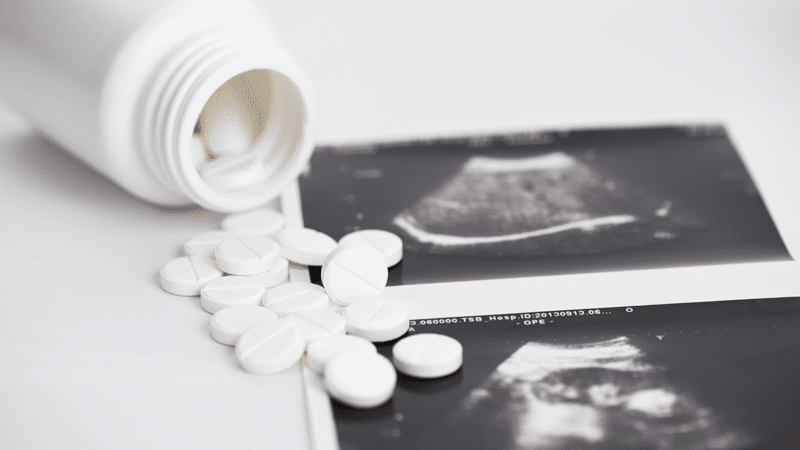Unsafe home abortions are now available to women in England and Wales on a permanent basis after temporary rules introduced at the beginning of the coronavirus pandemic became law.
From late March 2020, women who are less than ten weeks pregnant have been allowed to take the two pills required for a chemical abortion at home without medical supervision, after just a telephone or video consultation with a doctor.
The regulations were initially only set to last up to two years or until the end of the pandemic, whichever came first.
Concerns ignored
In Feburary the Welsh Government decided to make its rules permanent, and in March the Westminster Government extended the regulations in England until August. However, MPs and Peers later voted to change the law to make the rules permanent for both jurisdictions.
According to pro-abortion groups, more than 125,000 women have ordered the pills remotely between April 2020 and February 2022. But Freedom of Information requests last year found that at least 10,000 women have attended hospital suffering from serious side effects.
The figures were raised during a debate at Westminster, but were ignored as MPs voted by 215 to 188 in favour of the amendment to the Health and Care Bill which made the rules permanent.
‘Harming the voiceless’
At the time, Carla Lockhart MP said: “The changes to allow abortions at home were introduced without parliamentary scrutiny or public consultation. Now that we have evidence about how it works in practice, we know the policy presents huge risks to women’s health and safety.”
She added: “As it stands, abortion providers are unable to guarantee that they know who takes the pills, when or where they are taken or whether an adult is present, given the risk of complications, such as the delivery of live babies.”
She concluded: “Abortion harms the voiceless, the most vulnerable in our society, and it harms women and girls.”
‘Yet more loss of life’
The Christian Institute’s Deputy Director Ciarán Kelly said: “Abortion is abortion whether in a hospital or at home, and it always ends in the tragic loss of life for the developing baby.
“The simple fact is that if you make something easier, then more people will do it. Allowing women to have abortions at home and removing the requirement to see a doctor face-to-face will inevitably mean more women put at risk and yet more loss of life.”
He added: “The lack of medical supervision for the administration of these powerful drugs exacerbates all the risks. Experiencing haemorrhaging, cramps and sometimes excruciating pain without medical help close at hand is hardly good care for women. Nor is the trauma of having to dispose of a tiny baby yourself, alone, at home.
“Our governments should not sacrifice care of women for the sake of convenience.”
MPs vote to make DIY abortions permanent in England
‘DIY’ abortion scheme extended to August


